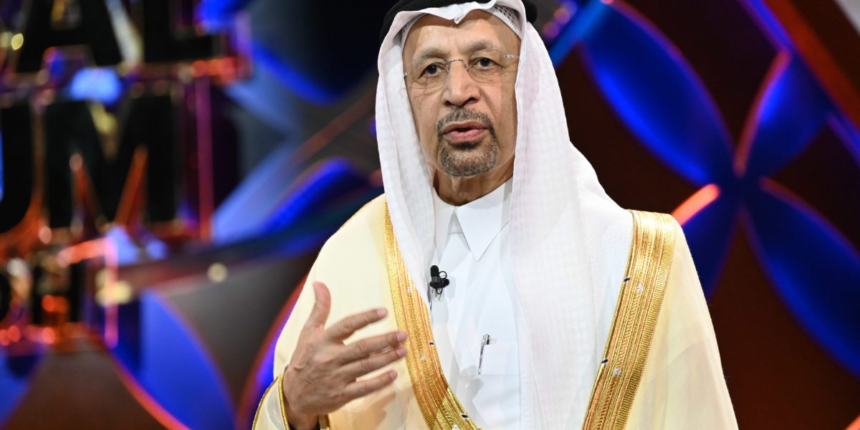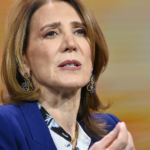“Underneath this,” Minister Al-Falih told Shontell, there’s a human concern he sees driving leaders’ actions today: “I believe people are looking for partners with whom they can trust who are not short-term, transactional.” The minister framed Saudi Arabia’s Vision 2030 not simply as a national reform agenda, but as a blueprint for global collaboration rooted in mutual resilience — the belief that long-term prosperity depends on shared growth across nations and industries.
“Interdependence remains the defining truth of our time,” Minister Al-Falih said in his opening remarks, urging businesses to embrace cross-border partnerships rather than retreat behind protectionist walls. He described the Kingdom as a “platform for global growth,” emphasizing that resilience in the modern economy requires openness, innovation, and integration with like-minded partners. His message was clear: Saudi Arabia aims to be the world’s most reliable investment destination for companies navigating geopolitical fractures, shifting supply chains, and the green transition.
Minister Al-Falih also repositioned Saudi Arabia’s traditional role in global energy markets. Long a linchpin of oil and gas supply, the Kingdom now seeks to be just as dominant in renewables — from solar and wind to green hydrogen. “Our ambition is to enable the industries of the future to flourish,” he said, pointing to plans that leverage both the Kingdom’s vast natural resources and rapidly growing renewable portfolio.
He underscored that Saudi Arabia’s competitive edge — low energy costs, geographic centrality, and expanding data infrastructure — makes it ideal for energy-intensive industries, from AI and cloud computing to advanced manufacturing. Riyadh, he announced, is already emerging as a leading global hub for data centers, gaming, and e-sports.
In his closing remarks, Minister Al-Falih invited global companies to “discover for themselves” the ambition and capacity driving Saudi Arabia’s transformation. The nation’s investment strategy, he argued, rests on three pillars — competitiveness, connectivity, and capability — each supported by world-class infrastructure and regulatory modernization.
Saudi Arabia’s evolving identity as both a reformer and a reliable partner resonates far beyond the Gulf. In an era when multinationals are diversifying away from single-market dependencies, Minister Al-Falih’s remarks made clear that Riyadh wants to anchor that shift — offering predictability, efficiency, and partnership in a volatile world.









